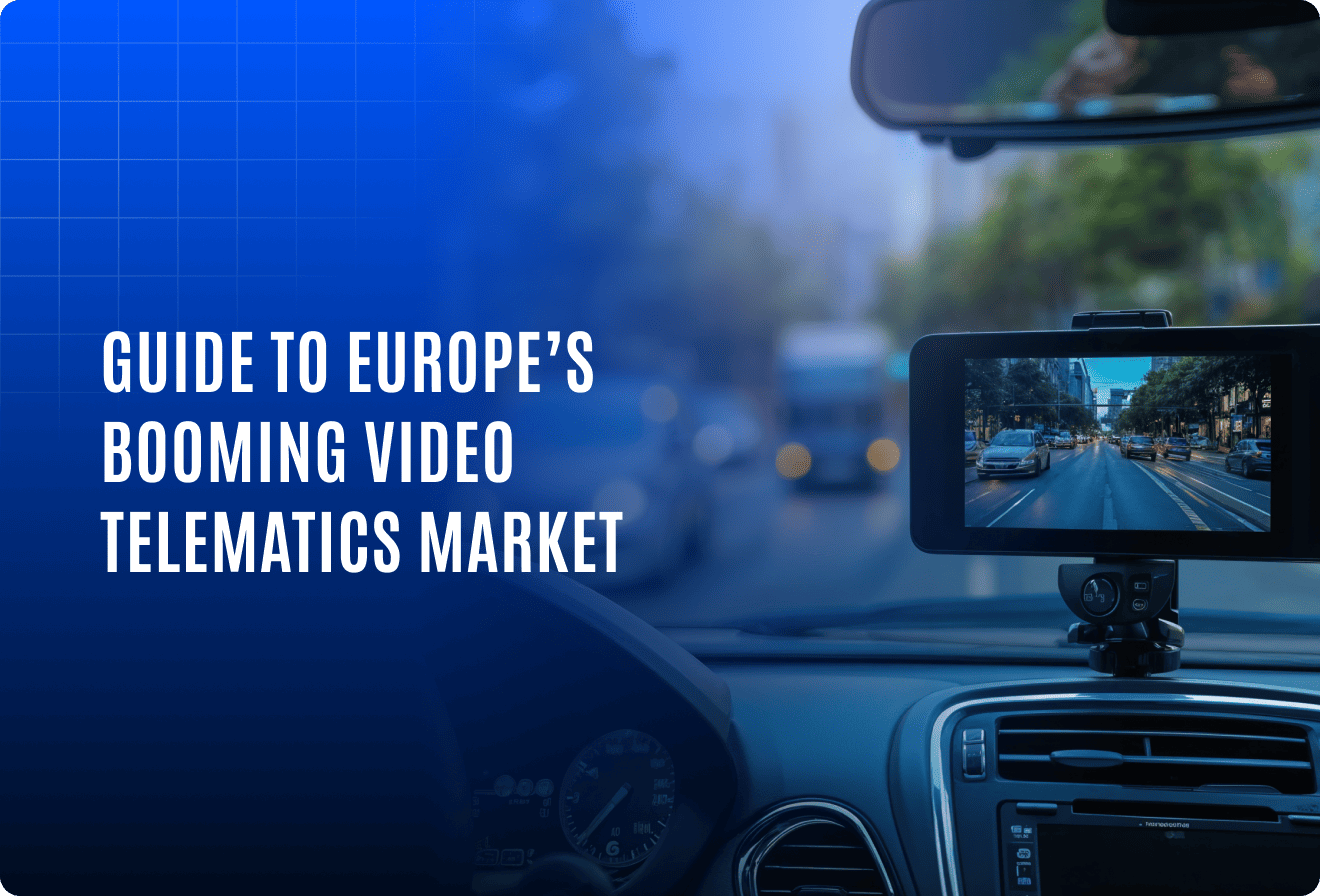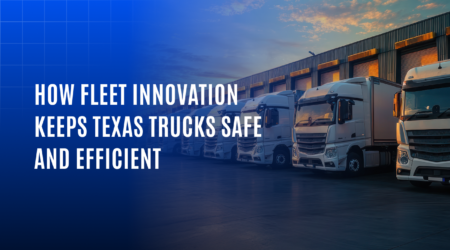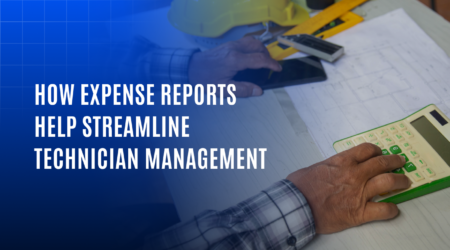System integrators’ guide to the booming European video telematics market

The landscape of fleet management in Europe is evolving rapidly. Among the most transformative technologies making waves in the region is video telematics — a smart combination of traditional telematics data and real-time video recording. From improving driver safety to helping fleets comply with increasingly strict European regulations, video telematics is now a must-have feature in fleet management software. This growing demand presents a powerful business opportunity for system integrators operating in the B2B space.
The benefits of video telematics for European fleets
-
Enhanced driver safety
Video telematics captures and analyzes critical on-road events. This includes unsafe driving behaviors such as speeding, phone usage, and harsh braking. With real-time alerts and AI-powered feedback, fleet operators can correct dangerous habits and reduce accident risks significantly.
-
Faster insurance claims and reduced liability
In the event of a collision, high-definition video footage provides clear evidence. This protects businesses from false claims, supports faster insurance resolution, and minimizes legal complications.
-
Improved fleet efficiency
Video insights, when combined with GPS and telematics data, enable smarter routing, reduced idling, and improved fuel management. It also helps fleet operators monitor vehicle usage and plan proactive maintenance.
-
Regulatory compliance made easier
Europe is known for its stringent transport regulations. From the EU Mobility Package to smart tachograph mandates, video telematics supports automated compliance by providing visual verification of driving hours, rest breaks, and safety practices.
-
Better driver coaching and accountability
Telematics-generated reports paired with video evidence provide objective training material. Managers can personalize coaching sessions, promote accountability, and build a safety-first culture within their fleets.
-
Theft prevention and asset protection
With live video feeds and geofence alerts, operators can monitor their assets 24/7. If a vehicle is moved without authorization, the system triggers alerts and records video evidence to aid in recovery.
-
Lower insurance premiums
Due to the reduced risk of collisions and fraudulent claims, insurers often reward fleets with video telematics systems through lower premiums and faster payouts.
Market growth and key trends in Europe
-
A rapidly expanding market
According to market projections, the installed base of video telematics systems in Europe is expected to grow from 1.6 million units in 2024 to 3.3 million by 2029, with a CAGR of 15.2%. This rapid adoption is driven by safety demands, insurance incentives, and regulatory pressure.
-
Regulatory push across the region
Laws such as the EU Mobility Package, London’s DVS (Direct Vision Standard), and upcoming MOIS (Moving Off Information Systems) highlight the growing role of video technology in ensuring road safety. These regulations are making video telematics a compliance-critical tool.
-
AI and cloud-based innovation
AI-powered driver monitoring systems are now capable of detecting fatigue, distraction, and even drowsiness in real-time. Cloud storage and 5G connectivity are also enabling fleets to access and analyze data faster than ever before.
-
Data privacy as a strategic concern
Compliance with GDPR and local privacy laws is a top priority. Fleets must be transparent with drivers, ensure proper consent, and implement data protection protocols. System integrators who can offer secure and compliant solutions will stand out in the market.
Why this is a golden opportunity for system integrators
The European video telematics market is growing and here’s why:
-
High demand across verticals
Video telematics is not just for logistics. It’s gaining traction in waste collection, public transport, construction, school transport, and delivery fleets. Each vertical brings unique integration requirements, opening doors for customized solutions.
-
Seamless integration opportunities
Modern fleet management platforms are modular. System integrators can bundle video telematics with GPS tracking, fuel monitoring, TPMS, and driver behavior analysis for a full-stack solution.
-
Differentiation through AI and analytics
By offering AI-based driver behavior analysis, predictive risk alerts, and advanced video search capabilities, integrators can provide value-added services that go beyond simple video capture.
-
Recurring revenue streams
Beyond hardware installation, system integrators can offer ongoing services like video analysis, data audits, driver coaching platforms, and maintenance of cloud storage plans.
-
Data security expertise is in demand
As clients grow more concerned about compliance and privacy, integrators who understand secure data handling and GDPR implementation will become strategic partners.
Final thoughts: Positioning for growth in a fast-moving market
Video telematics is reshaping fleet operations across Europe. As regulatory requirements tighten and safety concerns rise, more businesses are seeking end-to-end, integrated video-based solutions. For system integrators targeting the B2B space, this is more than a trend—it’s a long-term growth avenue.
By offering reliable, customizable, and compliant video telematics solutions, you can help fleets stay safer, operate smarter, and remain ahead of the curve.




